Expanded vermiculite
The expanded vermiculite is of size: 1-3mm. Vermiculite is the geological name given to a group of hydrated laminar minerals which are aluminum-iron magnesium silicates that have the appearance of mica and are found in various parts of the world. When processed for horticultural use, the mineral is subjected to intense heat, expanding it into accordion-shaped granules with countless layers of thin plates. Horticultural vermiculite has the excellent property of improving soil aeration while retaining moisture and nutrients to feed roots, cuttings, and seeds for faster, maximum growth.
Characteristics:
Inorganic, inert, and sterile; Nonabrasive; Ultra lightweight Free from disease, weeds, and insects; Slightly alkaline; High cation-exchange
Excellent aeration characteristics; High water holding capacity; Insulating
Exploring the Role of Expanded Vermiculite in Agriculture
Expanded vermiculite is a versatile mineral used extensively in agriculture for its beneficial properties and applications.
Enhanced Soil Aeration and Moisture Retention
Vermiculite’s unique structure improves soil aeration by creating air pockets, facilitating root development and nutrient absorption by plants.
Nutrient Absorption and Release
It acts as a nutrient carrier, absorbing and slowly releasing essential minerals such as potassium, calcium, and magnesium to plants.
pH Buffering Capacity
Vermiculite’s neutral pH helps stabilize soil acidity levels, creating an optimal environment for plant growth across various crops.
Seed Germination and Root Development
Its lightweight and moisture-retentive nature make vermiculite an ideal medium for seed starting and promoting healthy root growth.
Soil Structure Improvement
Expanded vermiculite improves soil structure by preventing compaction, enhancing drainage, and reducing the risk of soil erosion.
Compatibility with Organic Farming
Organic farmers often utilize vermiculite as a soil amendment due to its natural origin and compatibility with organic cultivation practices.
Water Conservation and Drought Resistance
Vermiculite’s ability to retain moisture helps conserve water and promotes drought resistance, particularly in arid and semi-arid regions.
Reduced Watering Frequency
By reducing the frequency of irrigation, vermiculite contributes to water conservation efforts and lowers agricultural water usage.
Pest and Disease Resistance
Vermiculite’s mineral composition and physical properties discourage the growth of pests and pathogens, enhancing plant health and reducing the need for chemical pesticides.
Harnessing the Benefits of Expanded Vermiculite in Agriculture
In conclusion, expanded vermiculite plays a vital role in sustainable agriculture by improving soil structure, nutrient availability, and water retention. Its versatility and eco-friendly nature make it a valuable resource for enhancing crop productivity and resilience in diverse farming systems.


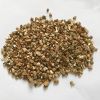
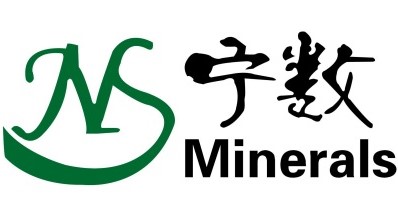
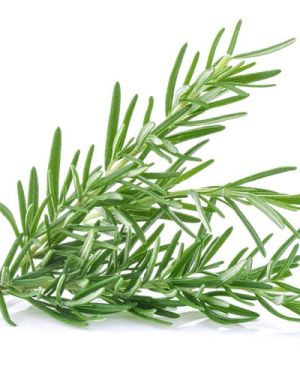


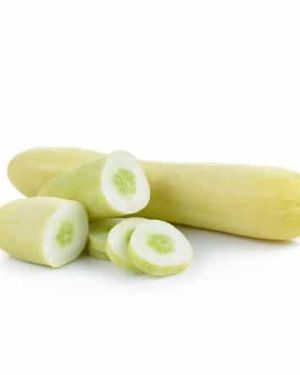
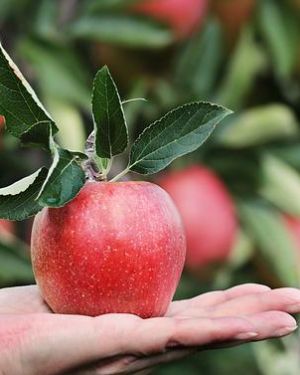

Reviews
There are no reviews yet.